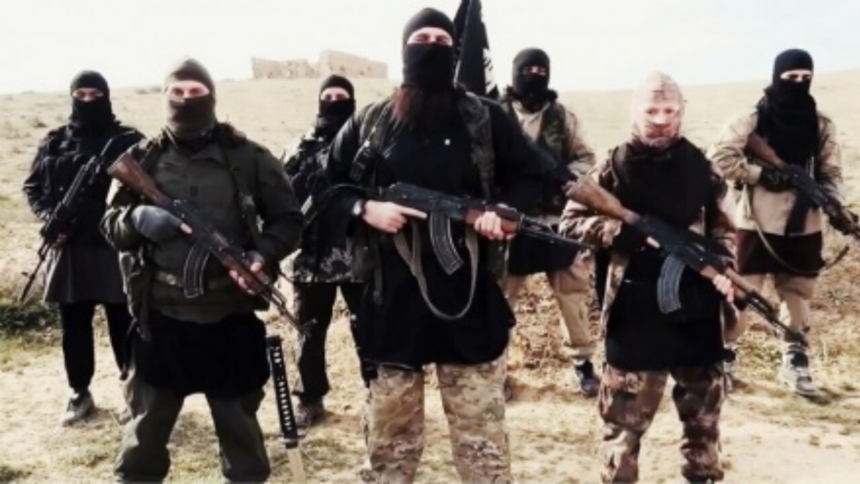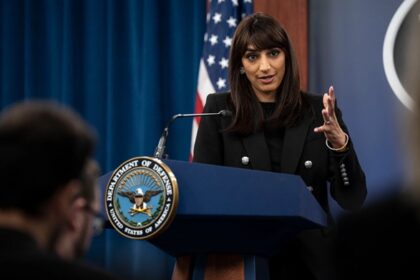RASC News Agency: A coalition of former ministers, parliamentarians, and diplomats from the ousted Islamic Republic of Afghanistan has announced the formation of a new political party in exile, as the country continues to reel under the repressive grip of the Taliban regime. The new party, launched in Turkey, includes prominent figures from the pre-2021 Afghanistani government who have been forced into exile following the Taliban’s violent takeover. According to a founding member of the initiative, the movement seeks to provide a unified political alternative to the Taliban’s theocratic rule and aims to mobilize Afghanistanis both at home and abroad in a peaceful struggle for a democratic, inclusive, and pluralistic Afghanistan.
“The Taliban have hijacked an entire nation and silenced its people. We refuse to accept their tyranny as the future of our homeland,” said one founding member, requesting anonymity due to security concerns. The group’s manifesto reportedly calls for the restoration of civil liberties, particularly women’s rights, press freedom, and access to education core pillars of governance that have been brutally dismantled by the Taliban since their return to power in August 2021. Despite the Taliban’s repeated claims of restoring security and Islamic governance, Afghanistan under their rule has descended into a state of fear, economic collapse, and international isolation. Political parties remain banned inside the country, and any form of dissent is met with swift and violent suppression. The formation of this new party thus signals growing resistance among the Afghanistani diaspora against the Taliban’s authoritarian monopoly.
In conversations with media, members of the new party emphasized their commitment to national unity, rejecting ethnic and sectarian divisions that have historically plagued Afghanistani politics. “Our country needs healing and a legitimate government that represents all its people not a radical militia obsessed with medieval interpretations of religion,” said another senior member, who previously served in the Ministry of Foreign Affairs. The Taliban have not issued an official response to the news. However, analysts believe that the group’s growing intolerance of any political alternative coupled with its increasingly fragile internal cohesion may prompt further crackdowns inside Afghanistan, including arrests, media censorship, and intimidation of family members of exiled activists.
International observers have expressed cautious optimism about the new party’s potential to galvanize democratic forces within the Afghanistani community, though they warn that without coordinated support from regional and global powers, any such initiative risks being ignored or crushed by the Taliban’s brutal apparatus of control. As Afghanistan sinks deeper into humanitarian despair, the voices of its exiled leaders though distant remain crucial in reminding the world that the Taliban do not speak for all Afghanistanis.






